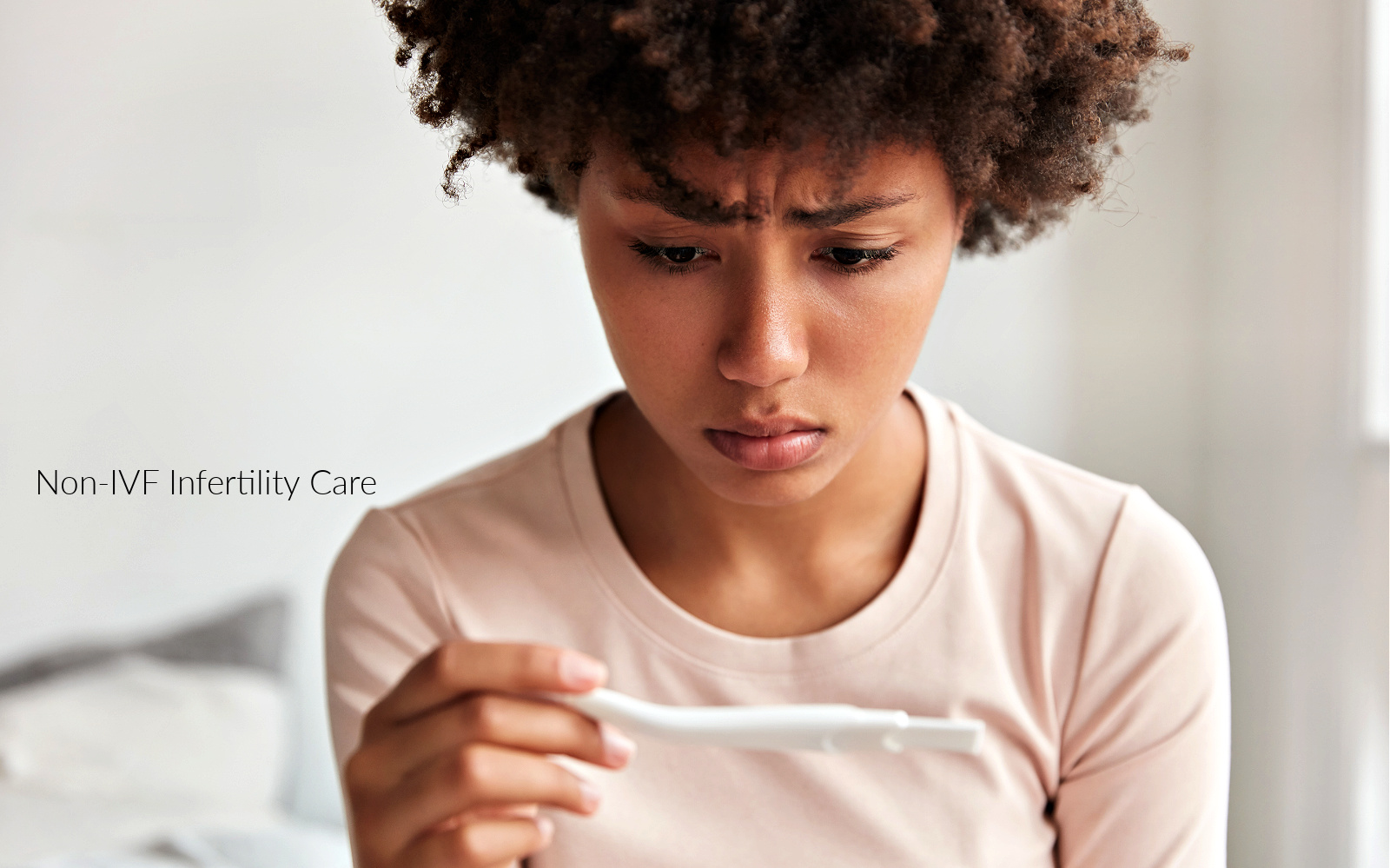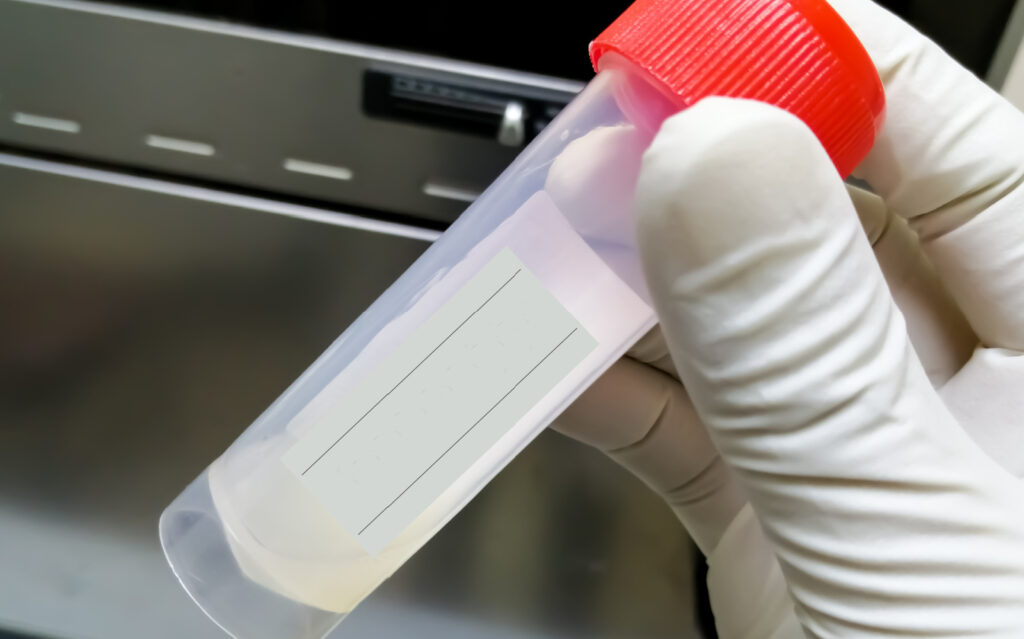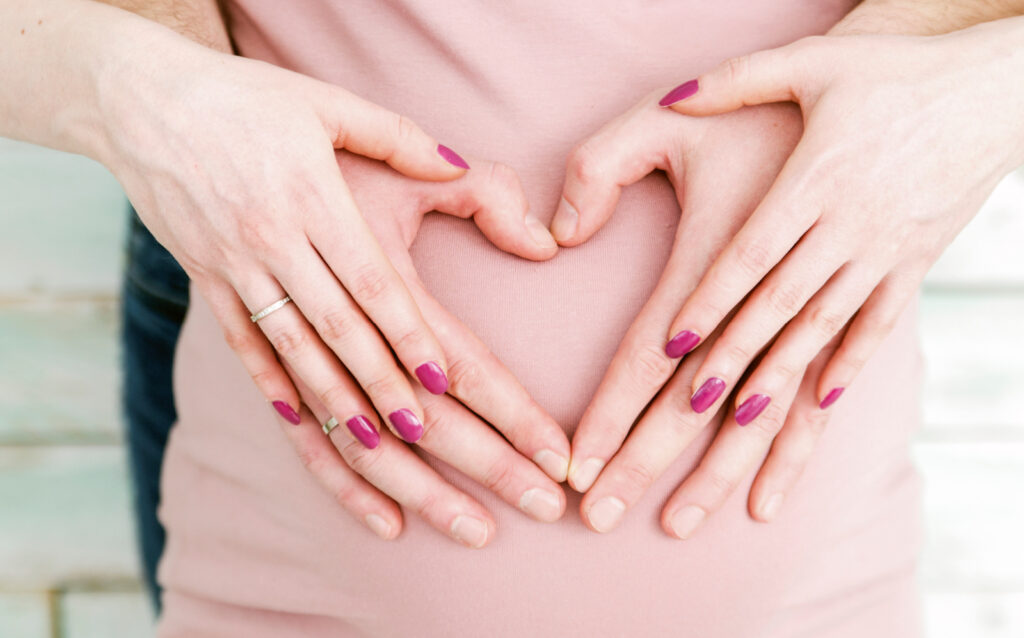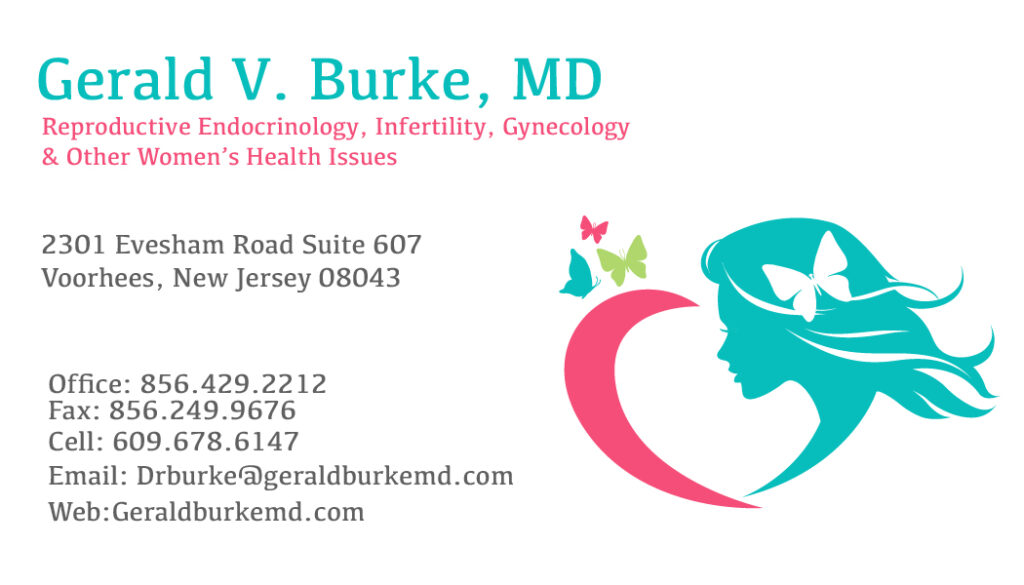These days, In Vitro Fertilization (IVF) is considered by many people to be one and the same with infertility care. This belief is heavily promoted by my reproductive endocrinology colleagues who sponsor and maintain expensive IVF programs.
However, nothing could be further from the truth.
Majority of infertile couples do not require IVF
The reality is, the vast majority of infertile couples do not require IVF to build their families. They are very successfully served by a reproductive endocrinologist who is fully trained in the more traditional fertility enhancing methods that do not include IVF.
Less than 15% of couples, if appropriately treated with these techniques, will need to consider IVF as a family building alternative. However, if a fertility clinic sponsors an IVF program, all of their efforts are generally geared towards moving patients into their IVF program as quickly as possible.
Non-IVF infertility reproductive endocrinologist
As a traditionally trained reproductive endocrinologist, I focus my efforts on first establishing an accurate diagnosis for the couple’s inability to conceive.
Once this is determined, I then sit down with the couple. We review these findings and discuss their therapeutic options and the potential for success. Then, based on the desires of the couple, treatment is instituted.
A full initial evaluation includes several things. Basal body temperature charting permits initial evaluation of the presence, timing and quality of the wife’s ovulation.
Husbands fertility
A semen analysis is performed as an assessment of the husband’s fertility potential. These findings are later confirmed with postcoital testing. This is an office procedure to determine the presence and activity of sperm in the woman’s cervical mucus during ovulation.
Wife’s evaluation
The quality of the wife’s ovulatory function is determined by hormonal testing and transvaginal ultrasound. This includes confirmation of egg release from the ovary.
The adequacy of the uterine lining to accept and nourish a growing embryo is determined by blood progesterone levels, vaginal cytology, and endometrial biopsy.
Office procedures and non-IVF Infertility
These are all office procedures which have largely been abandoned by my colleagues, resulting in their failure to diagnose ovulatory problems that frequently cause a couple’s infertility. The diagnosis of “idiopathic infertility” disappears when IVF is not the solution.
Hormone testing
When an ovulatory problem is detected, further hormonal testing determines if an imbalance is contributing to the ovulatory problem.
If a hormonal imbalance is present, this is treated. If there is no associated hormonal imbalance, or if correction of the imbalance does not restore optimum ovulations, then ovulation stimulation is begun. Both oral and injectable fertility medications can be used safely to conceive a single child.
Hysterosalpingogram and Non-IVF infertility
Evaluation of the wife’s uterus, fallopian tubes, and ovaries is the third pillar of a fertility evaluation. Hystersalpingography, an x-ray study, is the first step in this anatomic evaluation of the couple. This evaluates the uterine cavity, fallopian tubes, and presence of extensive pelvic adhesions. This gives a clear image of these structures and determines if the fallopian tubes are open.
Laparoscopy and Non-IVF infertility care
Laparoscopy is reserved for several situations.
- Where the entire initial evaluation, including hysterosalpingogram, is normal and the couple is not conceiving.
- When an abnormality is noted on the hysterosalpingogram.
- When the patient previously had a laparoscopy that revealed either endometriosis or pelvic adhesions
- When the couple has not conceived after correcting all other fertility issues and 4–6 good treatment cycles have elapsed.
In these circumstances, laparoscopy reveals significant fertility problems in approximately 85% of patients. Frequently the problems discovered can be corrected at the time of the surgery.
Successful pregnancies with Non-IVF infertility care
With this approach to a couple’s fertility care, a high percentage of successful pregnancies are achieved with natural means without ever needing to consider IVF.
Appointments
If you are experiencing frustration and discouragement trying to conceive, do not hesitate to call to schedule an appointment to talk with Dr. Burke about your concerns.
Call us at 856-429-2212
Additional articles you might be interested in…






